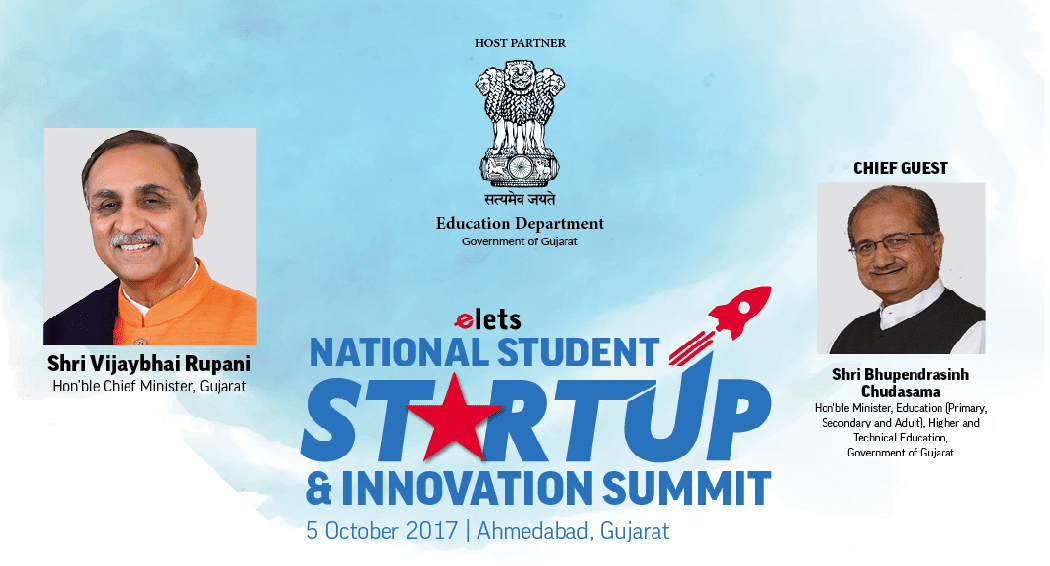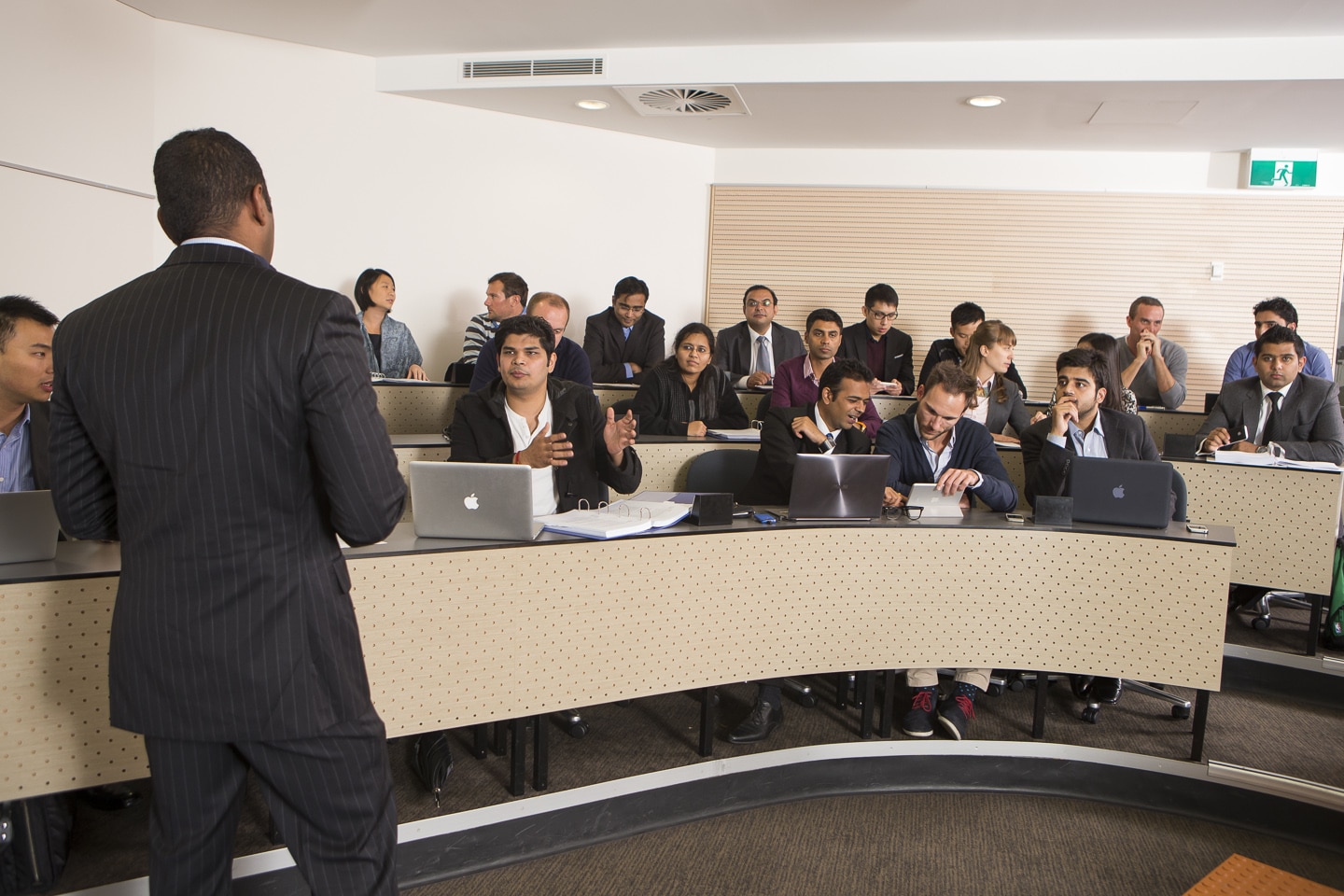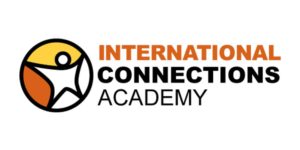The world leaders have vowed to handle the education crisis that is holding back millions of children and threatening economic development, at a high-level event at UN headquarters in New York intended to secure finance for this critical goal.
While making remarks to the event, titled “Financing the Future: Education 2030” held on the sidelines of the General Assembly’s annual debate, UN Secretary-General António Guterres said: “Financing education is indeed the best investment we can make for a better world and a better future.”
“I started as a teacher. I saw for myself decades ago in the schools and slums of Lisbon why education is a basic human right, a transformational force for poverty eradication, an engine for sustainability, and a force for peace,” he said.
Over 260 million children, adolescents and youth are out of school. Despite some progress in achieving gender equality in the world’s poorest countries, far more girls than boys still do not have access to a quality education, according to a communiqué.
Also present of the occasion of was UN Messenger of Peace Malala Yousafzai.
Addressing the event, Yousafzai said girls in many parts of the world are pushing back against poverty, war and child marriage to go to school.
“We have big goals, but we will not reach any of them unless we educate girls,” she said referring to the Sustainable Development Goals, adopted by UN Member States in 2015.
The event – co-organised by governments, the private sector, civil society and UN agencies – was held to boost political commitment and investment in quality early-childhood, primary and secondary education.
“Delivering an education to all – and not just some children – is the civil rights struggle of our time,” said Gordon Brown, the UN Special Envoy for Global Education.































